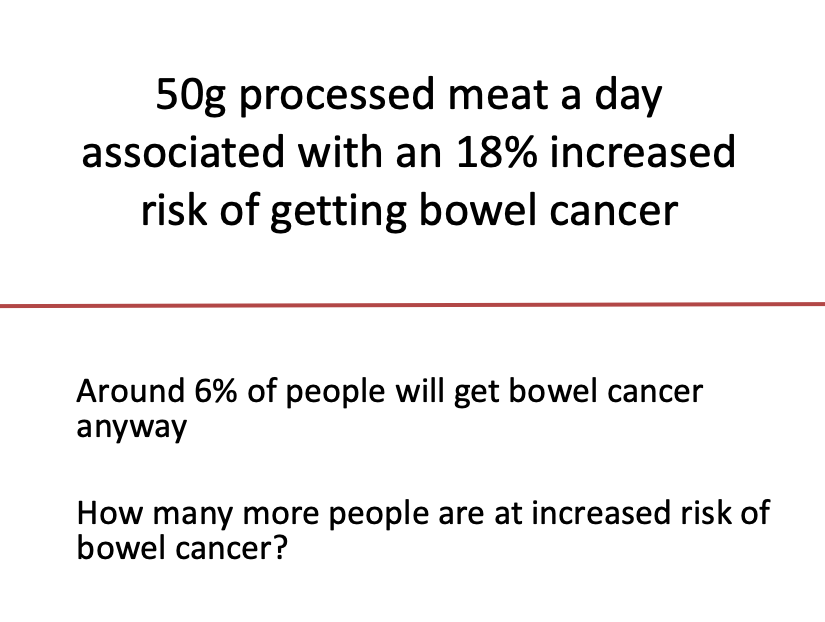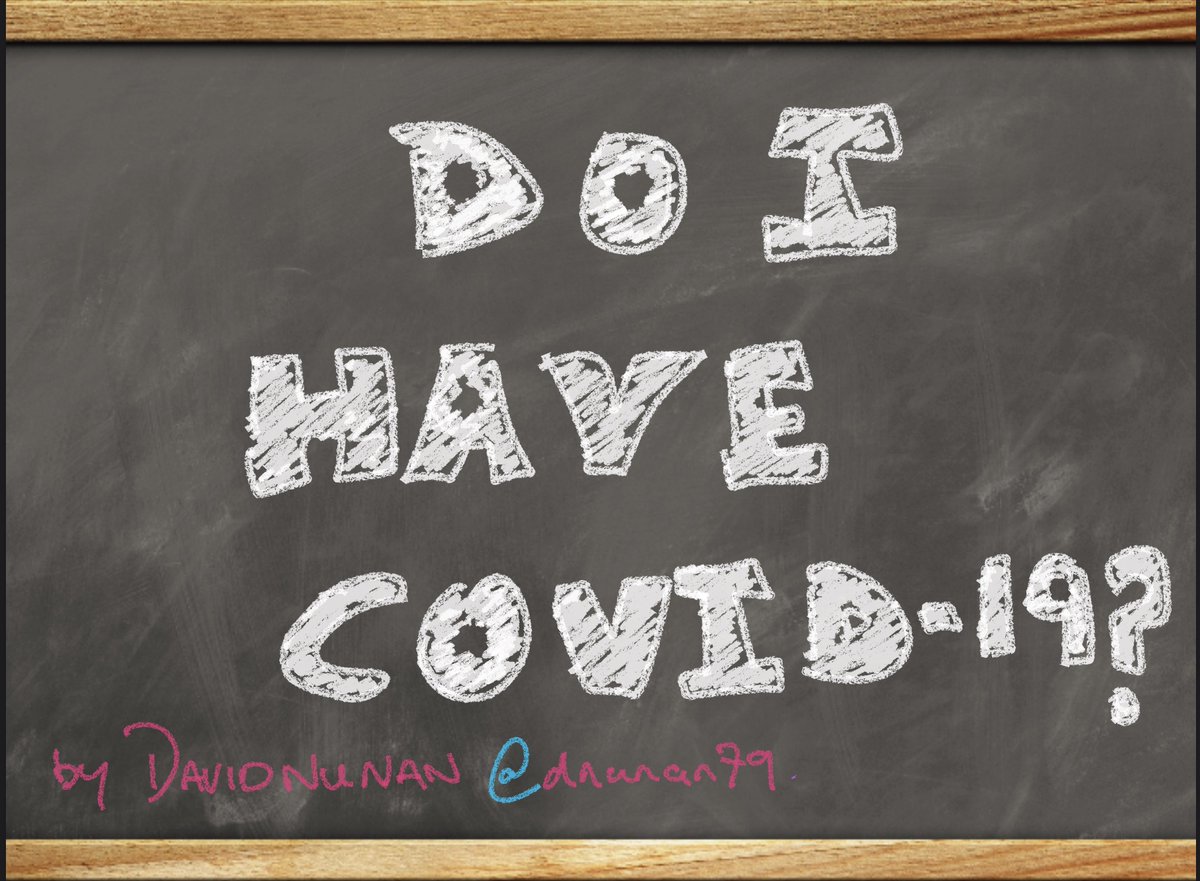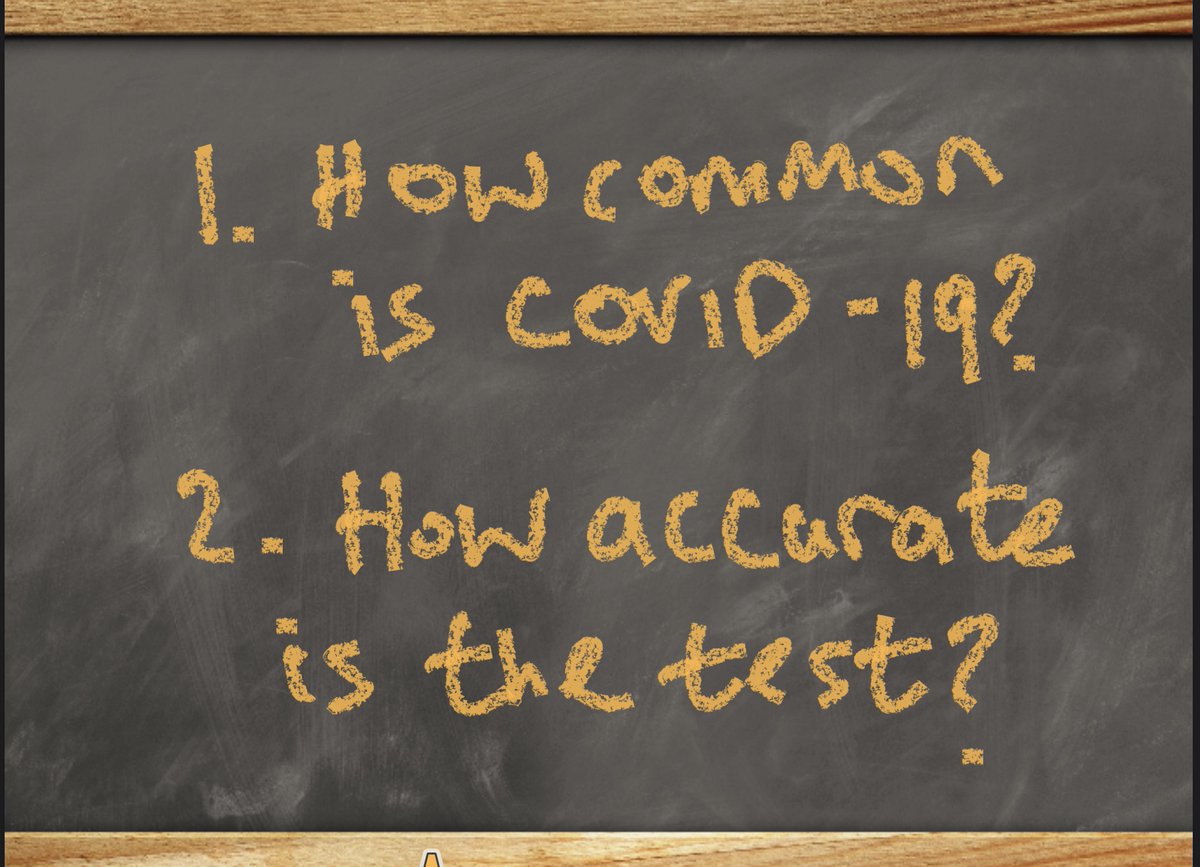
Director MSc in EBHC Teaching & Education @UniofOxford @CebmOxford; Visiting Prof of EBM Petrópolis Med School; Leads @catalogofbias; Uncertainty Nerd #MedEd
3 subscribers
How to get URL link on X (Twitter) App


https://twitter.com/CMonteiro_USP/status/1762988570606711198In my view it is a good example of pervasive issue in the way most medical/health research is interpreted, and this even includes the authors themselves.


 I mean, look at Twitters own criteria.
I mean, look at Twitters own criteria.
https://twitter.com/dnunan79/status/1383027375970062338?s=20out of frustration of seeing an organisation promote evidence from a commentary piece as if it were proof a question had been answered. No uncertainty. Proof.
https://twitter.com/VPrasadMDMPH/status/1384883360376446976The same organisation didn't mention a systematic review attempting to answer the same question (which happened to show uncertainty). Yes, the organisation was aware of the review's existence.





https://twitter.com/boulware_dr/status/1311332673969848325?s=21
https://twitter.com/_miguelhernan/status/1311304453484679174Also not pre-registered and certainly not PRISMA compliant in pre-print version.

https://twitter.com/dnunan79/status/1305781949055860736?s=20

 The first things we need to know are how common is COVID-19 and how accurate is the test we are using to identify if someone has or does not have COVID.
The first things we need to know are how common is COVID-19 and how accurate is the test we are using to identify if someone has or does not have COVID. 

 You helpfully provide direct links to the necessary webpages should I wish to exchange my flight for a voucher (thereby retaining my funds).
You helpfully provide direct links to the necessary webpages should I wish to exchange my flight for a voucher (thereby retaining my funds). 

https://twitter.com/dnunan79/status/1179345857470222336?s=20
https://twitter.com/CT_Bergstrom/status/1273021731817443328
 Borrowing* figures from:
Borrowing* figures from: https://twitter.com/dongdon49026332/status/1273019551769378816?s=20
https://twitter.com/MaartenvSmeden/status/1273131848969969667?s=20)

https://twitter.com/dnunan79/status/12630242150595624961st - Gov's website states “We have been closely monitoring the emerging data and evidence on COVID-19 and, after thorough consideration, we are now confident enough to recommend this new measure.” There's no link to the “emerging data and evidence”




https://twitter.com/drjohnm/status/1227752670091411456?s=21https://t.co/wSKQTBH66A

 Starts with the story of Rofecoxib (Vioxx).
Starts with the story of Rofecoxib (Vioxx).

https://twitter.com/dnunan79/status/1188937726718042113@BiochemSoc @PPPublishing @PubPeer The paper w duplicate data is this one: ncbi.nlm.nih.gov/pubmed/17688420 published in your journal Clinical Science